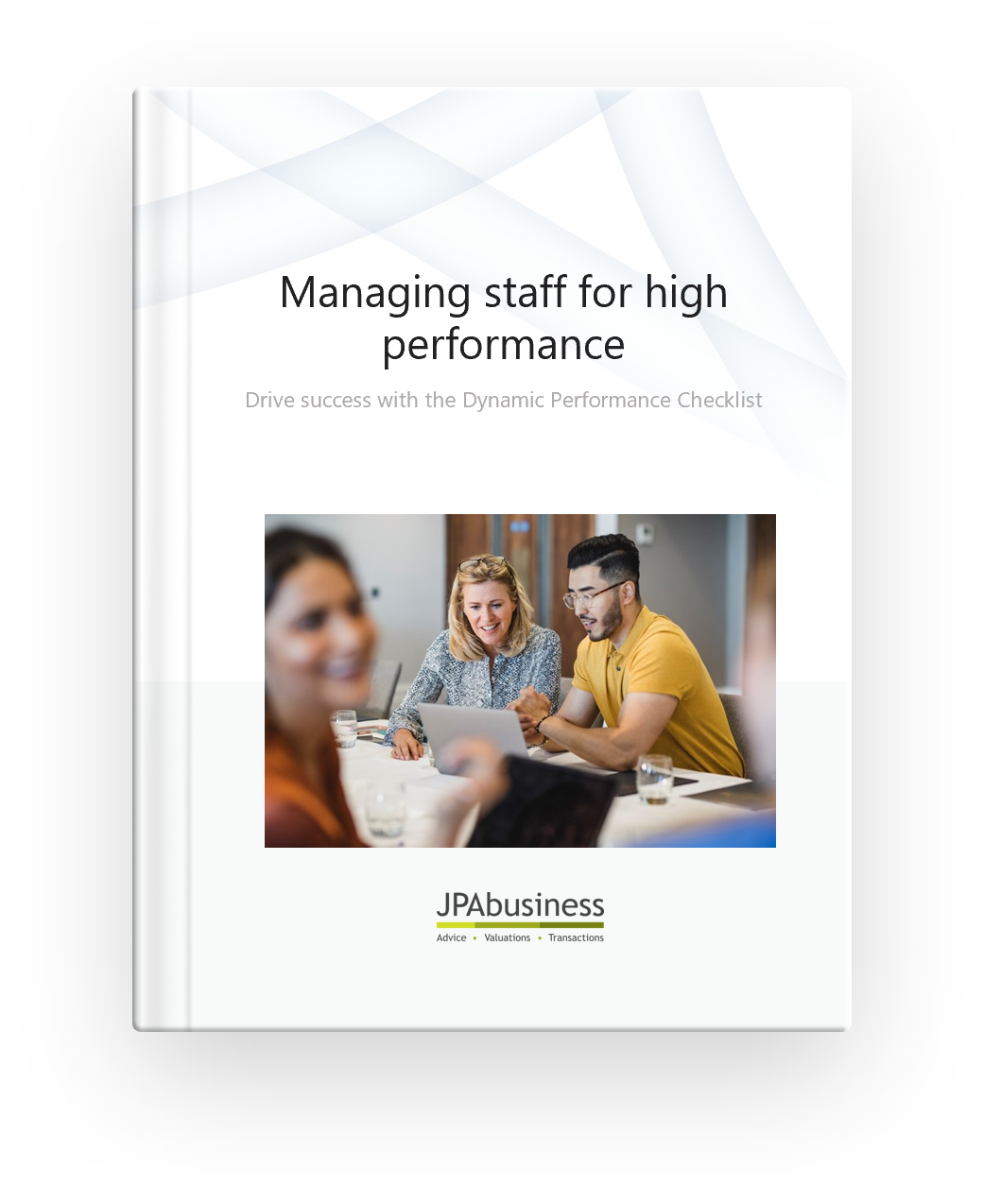
In the modern workplaces of today’s fast-paced world, it’s important for teams to regularly reflect on learnings, challenges, achievements and plans.
As managers of agile, proactive businesses, we need to facilitate regular conversations about:
- what worked
- what didn’t
- why
- what might need to change to improve.
And in order for these conversations to be of value, it’s critical that staff feel comfortable giving you honest feedback about any aspect of the business.
How often should you check-in?
If you’re a project or job-based business, then typically a review/catch-up conversation should happen at the conclusion of a project, or end of each stage.
If your business doesn’t have defined blocks of work, then catch-ups for reviews and lessons learnt may be more or less frequent, depending on the trading cycles – from order to sale/despatch, for example.
Either way it’s up to you as a manager to be disciplined about scheduling these catch-ups in advance and giving your team time to reflect and consider prior to meeting.
How to get the conversation started
I’ve shared some ‘conversation starters’ in previous blogs on how to conduct Annual Performance Reviews, and the process is somewhat similar.
For these on-the-job, active catch-ups and reflections, I would keep it simpler, but still send a list of questions to get the conversation started.
Something like this:
Dear [Team member]
‘We have finished Project X’, or ‘It’s been X days since we last reflected on how things are travelling’.
I’d like to catch up on X [date] to discuss. In preparation, can you consider the following and provide your written notes in advance of our meeting:
- What did you learn from the project?
- What did you do well?
- What was satisfying for you about the project?
- What areas or elements were challenging and difficult for you?
- What would you do differently if you had a similar project in the future?
- Where there things I or others could have helped you with, or done differently to assist you?
- How would you rate the overall work and outcomes? Why?
How do you know if the conversation has been a good one?
The conversation has been a success when:
- your fellow team members take the lead in the discussion and you do most of the listening;
- there is open, frank and respectful discussion;
- all parties take responsibility for their past actions;
- all parties welcome accountability for future improvement plans, both for themselves and the business – accountability is the key to a team working together effectively to achieve its goals.
Over time, if you ensure the team understands these reflections are part of how the business conducts itself, a good sign will be when team members start actively reflecting and reviewing along the way, as a matter of course.
And, if things are really working well, they will be showing initiative and feedback ahead of time, pointing out ways to improve processes, or identifying risks and issues arising in a project or a business – showing the care factor.
Regular conversations complement Annual Performance Reviews
Senior staff members, in particular, bring considerable experience and insight to your business. As we’ve discussed in our blogs on Annual Performance Reviews, the review process is an opportunity to tap into those insights for the benefit of your business, as well as the individuals involved.
But if you’re not actively seeking their feedback until their annual review, you’re missing opportunities to fully utilise the capability of your people and engage them in the workings and success of the business.
If you would like advice about any element of staff management, contact the team at JPAbusiness for a confidential, initial discussion.

